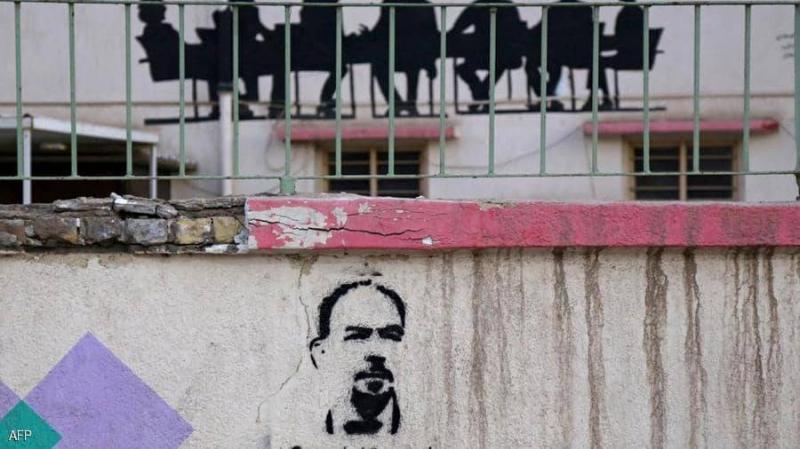Under the title "The Electoral Race in Iraq: Mass Withdrawals Following Threats," Sky News Arabia reported that withdrawals from the Iraqi elections are increasing as the voting date approaches, scheduled for October 10, due largely to security threats faced by candidates. There are calls to intensify security efforts to improve the electoral environment. This comes after a series of assassinations targeting activists in popular protests and members of electoral alliances in recent times. Last month, Hisham al-Mashhadani, a member of the electoral coalition led by Sunni businessman Khamis al-Khanjar, was killed in an armed attack north of Baghdad.
An informed source in the elections commission stated that "dozens of requests have been received in the past few days for withdrawal from the elections for reasons that remain unclear, indicating the presence of threats or harassment in some areas, especially those with intense competition." The source, who requested anonymity, also mentioned that "the commission has received over 35 requests from candidates in various regions, including some in Baghdad, but the commission does not accept all of these requests; it considers various regulations and conditions, such as the women's quota, and the impact of the withdrawal on it."
The source highlighted that "the law does not require candidates to specify the reason for withdrawal, which makes it difficult to understand the true reasons behind the recurring withdrawals, reflecting negatively on the electoral security in the country." The fierce competition pressures some candidates to withdraw from the electoral race in favor of others whose views often align with the public sentiment in the regions experiencing such withdrawals, indicating no barriers or rejection from the public in voting for the alternative candidate.
These circumstances have led political forces and movements emerging from the protests in central and southern Iraq, which began in October 2019 and resulted in the ousting of former Prime Minister Adel Abdul-Mahdi’s government, to threaten a boycott of the October elections, while others have announced their withdrawal from the elections altogether.
Although some warn that the withdrawal of forces calling for change would allow the same powers that have ruled Iraq since 2003 and are responsible for its catastrophic situation to regain power, proponents of the election boycott argue that abstaining is better than participating, which may ultimately benefit the major parties and the associated armed factions through fraud, armed threats, and the temptation of corrupt money.
Iraqi judge and politician Wael Abdul-Latif stated that "pressures and provocative practices, along with threats of murder, began to surface with the start of the election season, a result of political alignments and a significant desire to obtain positions and high ranks." The Iraqi politician added that "reports of widespread protests against the parties on the same day as the elections have also led some candidates to withdraw, while others felt that the circumstances were not appropriate for such a race, therefore they refused to participate, necessitating the government to intensify its stringent measures in this regard."
Last month, Iraqi security forces launched a broad campaign to secure the elections, which will last over four months, focusing initially on categorizing areas based on their danger, conducting a complete assessment of potential threats, and devising necessary plans to counter them, alongside bolstering intelligence efforts and cooperating with new informants in the monitored areas. The importance of the cybersecurity file was also acknowledged. Last week, unknown gunmen assassinated an officer in the Iraqi intelligence service in the Al-Baladiyat area east of Baghdad, marking the second such incident in two months.




